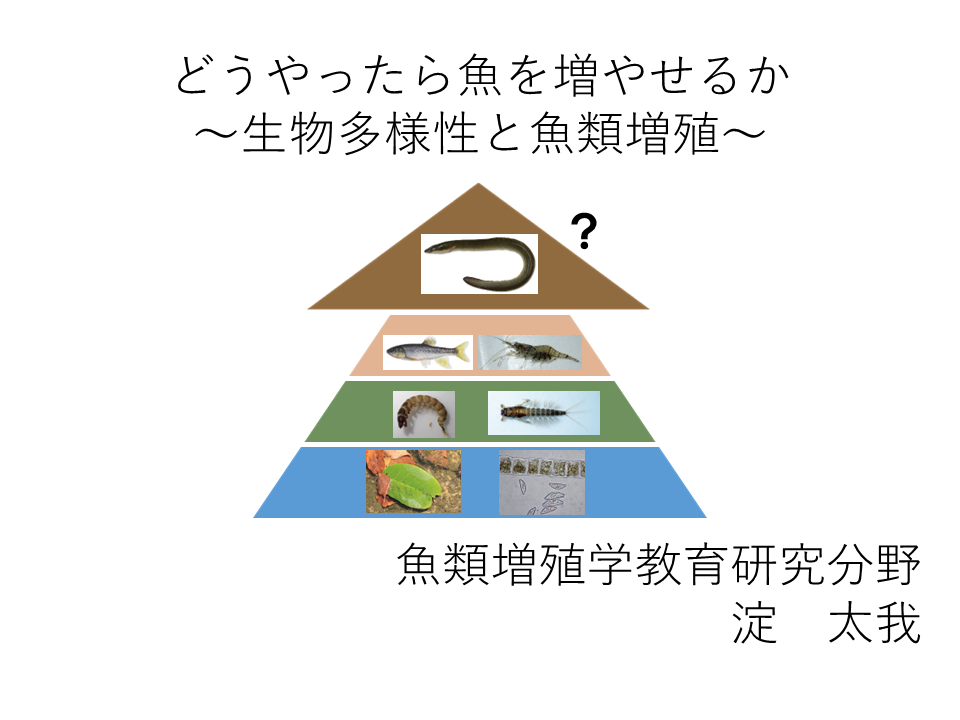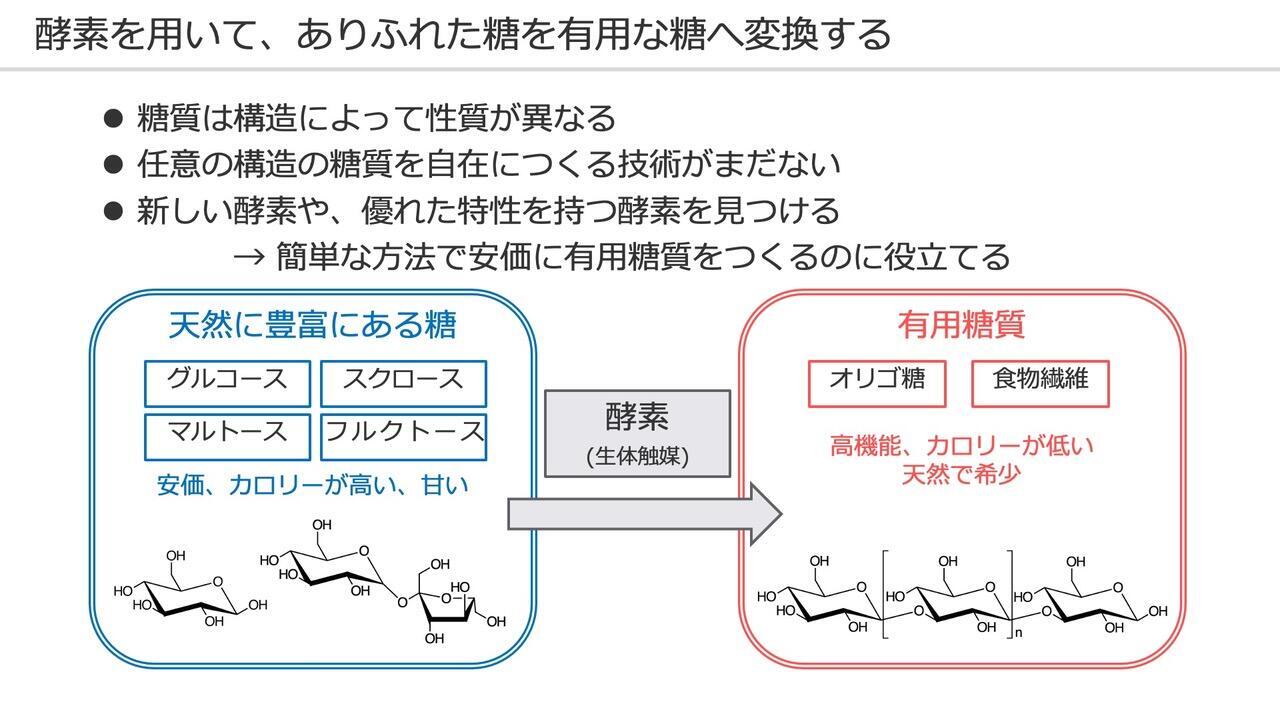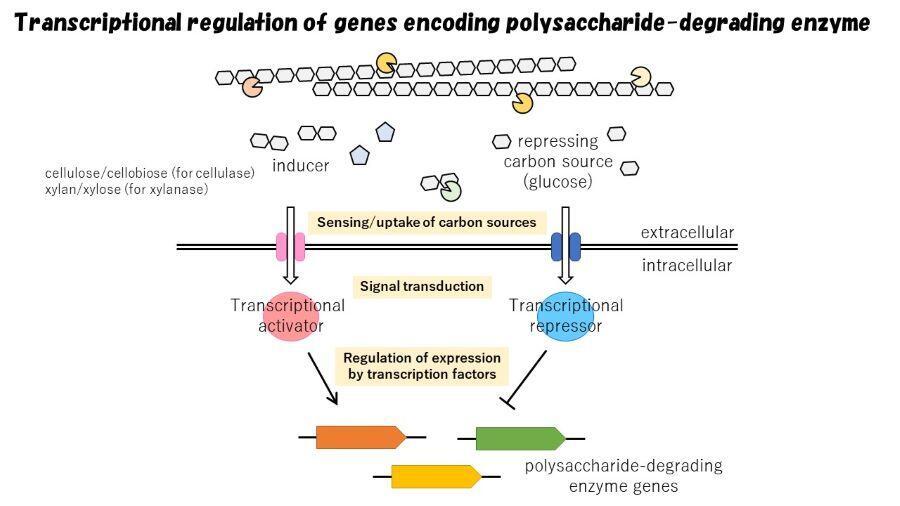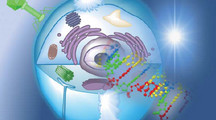
Our goal is the effective use of bioresources over a wide area that includes foods, health, drugs, lifestyle, and the environment. Using the strategy of bioscience and biotechnology, we look at the diverse systems of life phenomena, whether animal, plant, or microorganism, as well as their molecular structures and functions of the materials that these organisms produce. Our aim is to establish theories and skills for applying these results to the development of new functional molecules and foods, and environmental technologies. To that end, we carry out specialist research and education from the perspectives of chemistry, biochemistry, molecular biology, and bioengineering, with a focus on research into structures and functions of new functional materials, the genetic expression mechanisms of animals and microorganisms, bio-information sensing and processing technologies, and the development of technologies for using unutilized bioresources.
Laboratories
Molecular and Cellular Biology
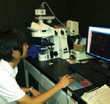
By using biochemical and molecular & cellular biological techniques, we perform fundamental researches on roles of chromatin modifications in the control mechanism of life phenomena to happen at a cell level, e.g., DNA replication, transcription, DNA damage & repair, genome instability, and cell differentiation in animal cells. On the other hand, we aim at applying knowledge provided by these to the field over many divergences of bioscience and its related research area. In addition, we also devote to a study on action and utilization of various functional ingredients (including vitamins) derived from food.
Molecular Bioinformatics
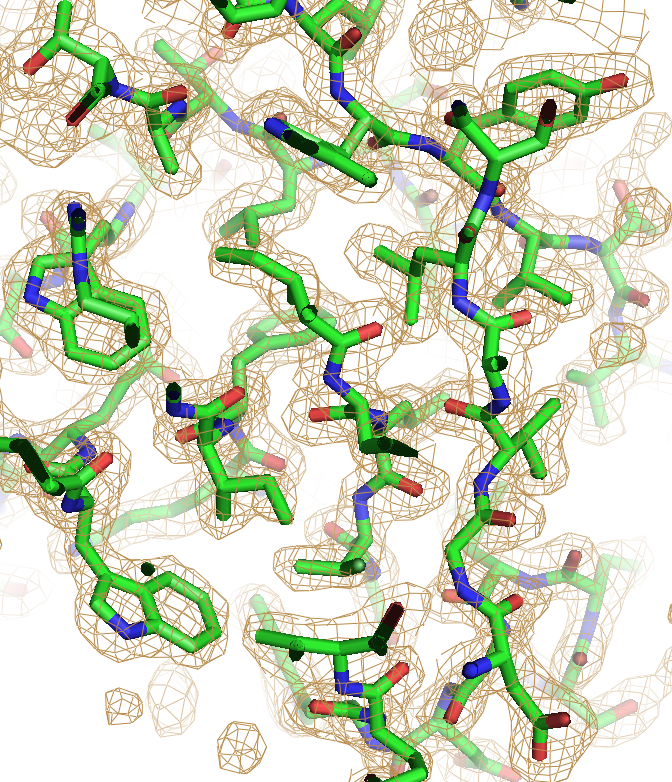
Current research projects of this laboratory are as follows:
(1) genomic-scale analysis of bacterial gene and protein expression,
(2) analysis of protein structure and function,
(3) lignocellulosic biorefinery using Clostridium species
(4) calorimetric and kinetic analysis of the stability of globular proteins, and
(5)
application of microbial calorimetry to the food science and the soil science.
Biofunctional Chemistry
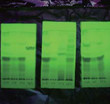
Molecular interaction and/or recognition play an important role generally in the crucial situation for biological process. Our laboratory is focusing such molecular recognition from a viewpoint of organic chemistry. The host-cell recognition of bacteriophage and epidemic penetration of medical drugs are investigated for development of new drugs and functional material. In those studies, phages, bacterial cell, and animal skin are studied using methods of decompositional manner dearing organic molecules that function there. Application researches for developing a new method for organic synthesis of materials for drugs and exploring substances account for palatability of beverage are also our interest.
Medicinal Chemistry
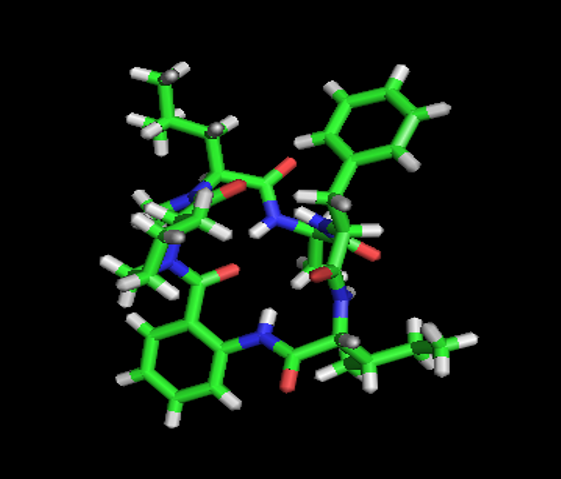
This laboratory is focusing on 3D structure of drug molecule to develop more effective drugs with few side-effects. Molecular modeling, organic synthesis, biological evaluation, and 3D structural analysis of bioactive peptides are performed to optimize its 3D structure. These experiences help students to learn organic, biological, analytical, and computational chemistries, which are necessary for drug development.
Bioorganic Chemistry

Our focus is to maintaining the life activity of human being or the other organism.We intend to clarify the chemical structure of endogenous or exogenous bioorganic materials and to make clear the mechanism of expression and regulation of various functions using its bioorganic materials. The results are applied to control the activity of human being or the other organism.
Regulatory Biochemistry

Bio-phenomenon is done by significant dynamic changes in the chemical reactions and molecular interactions. In our education and research division, we organic-chemically and bio-chemically research the regulation mechanism of molecule bio-systems as a basic study, and subsequently develop some novel diagnosis materials and medicines for life innovation and human health care as an applied study.
Bioinformation and Food Engineering
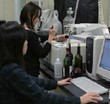
In order to take full advantage of bioinformation such as structure, shape, color, taste and functions of foods and agricultural products on food production, processing and logistics, we perform the education and researches on biochemical and food engineering by analyzing bioinformation at molecular, cellular and individual levels. We conduct researches and professional education relating to bioprocesses in the fields of food production and agricultural sector, and apply multiband optical sensing methods to getting quantitative and kinetic grasps of various kinds of bioinformation which appears due to the metabolism.
Food Chemistry

The laboratory of Food Chemistry studies structure, properties, and analytical methods of food compounds and food-related enzymes. Also, we work on the development of technologies to produce novel or valuable food compounds using enzymes or microorganisms, and the effective use of regional resources. The main subject of the laboratory is carbohydrates such as polysaccharides and oligosaccharides and their related enzymes.
Applied Microbial Genetics
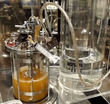
Genetic engineering is a technology that has the potential to produce more useful microorganisms for bio-industry. One of the targets of our research is molecular breeding of microorganisms that are able to degrade complex plant cell wall fibers and produce biofuels. Degradation of plant cell wall requires many cellulolytic enzymes. Therefore, engineering of metabolic pathway and transcriptional mechanism is required for breeding microorganisms that can convert biomass to bioenergy efficiently. We are focusing on molecular genetics of anaerobic bacteria and filamentous fungi.
Nutritional Chemistry
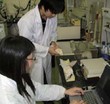
We study the response of the living body for food at levels of individual, tissue, cell, molecule and gene. Especially, we purify some functional components from unutilized resources obtained from the animals and plants and the microorganisms and analyze their structures and clarify the action mechanisms of those components using the techniques of animal experiment and the cell culture to make use of them for health promotion and the prevention and the improvement of the lifestyle-related disease. Our main research projects are study on functionality of the soybean fermented food, effect of food components for animal models for eye diseases, modulation of bone metabolism by food components, the study about the anti-allergy components from food using mouse models of asthma, and the study about the functions of the nucleolus protein.
Fermentation Biology
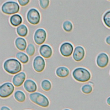
Alcohol beverages, traditional foods, such as natto and tsukemono, and yogurts are produced with microbial fermentation. Our laboratory is interested in microorganisms involved in fermentations for food productions and chemicals. We educate on microbiology, microbial genetics, metabolism, molecular biology and recombinant DNA technology. We strive to give the student the opportunity to develop the skills and fundamental knowledge to become an independent investigator in academia or industry.
Food Function
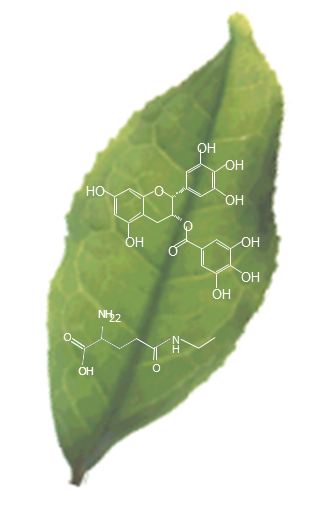
In addition to nutritional supply (primary function) and palatability (secondary function), foods also have a physiological function (tertiary function) that maintains and promotes health. Currently, research on foods and ingredients having functions progresses, forming a functional food market. In this research field, we focus on tertiary functions of foods, discuss the components responsible for it, discuss methods to evaluate function, production / processing, functional food market and others. We also discuss the significance of specific functional materials such as polyphenols, functional carbohydrates, amino acids, antioxidant substances in living bodies.
